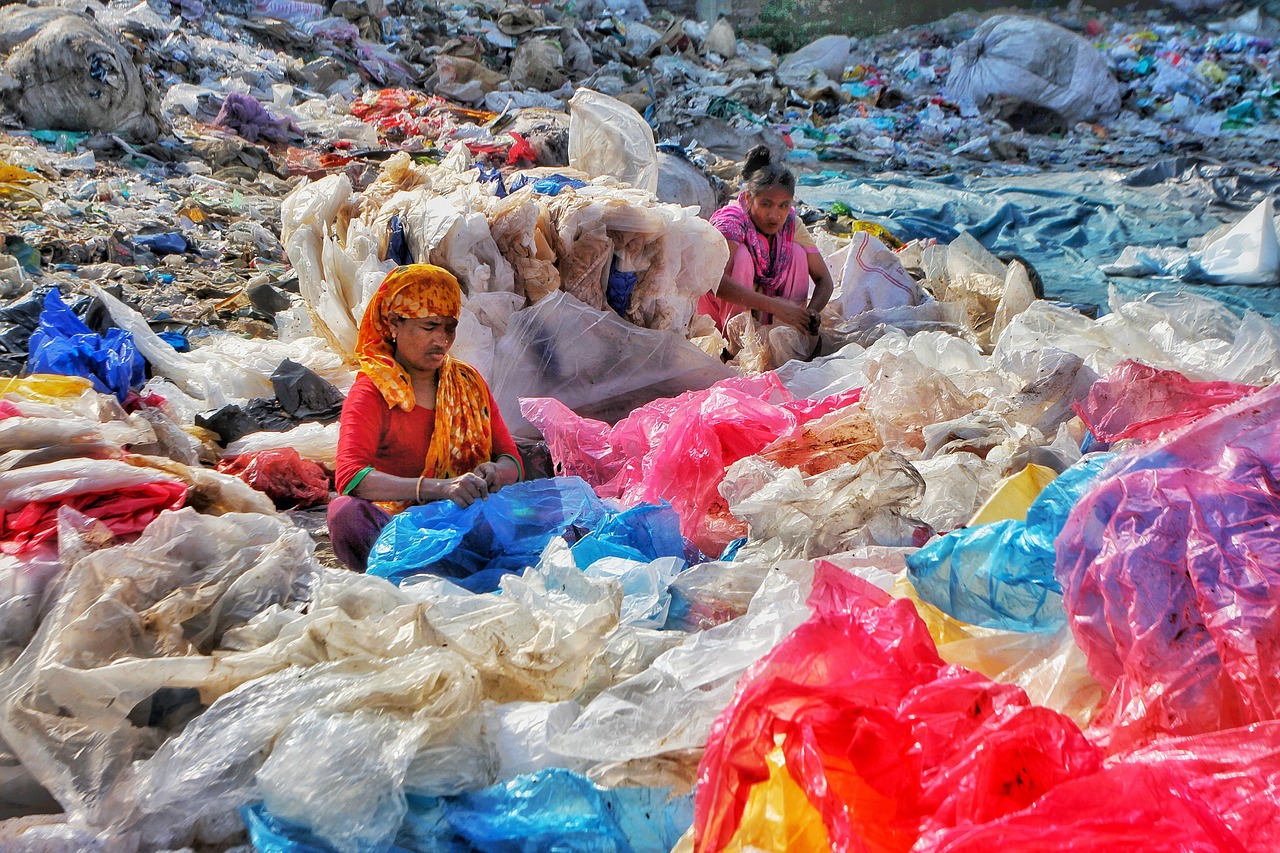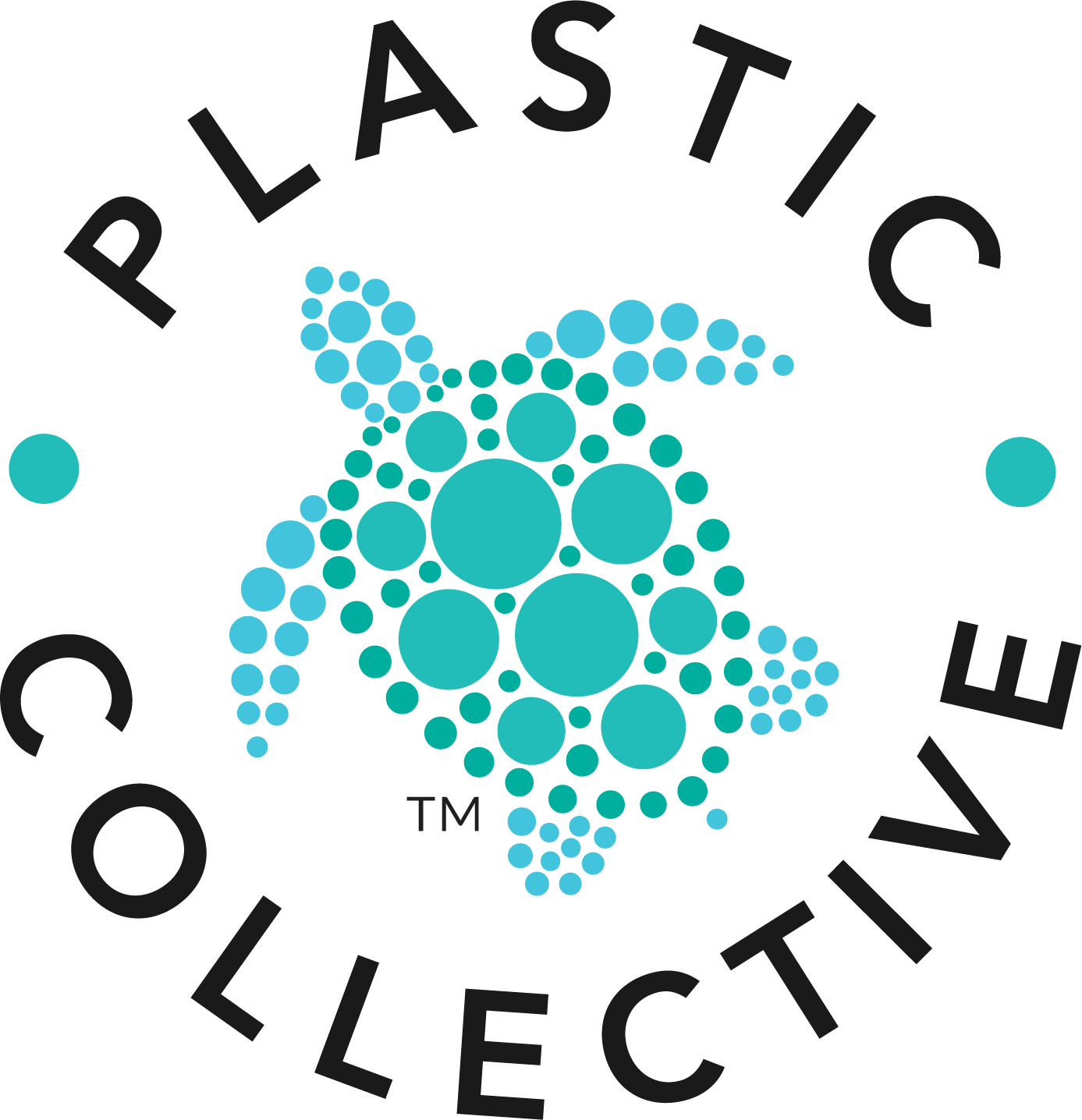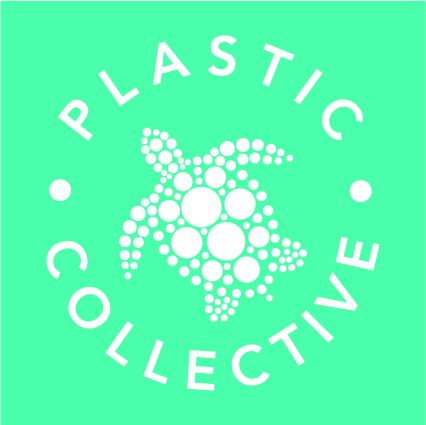Plastic Pollution Facts & Statistics

Plastic pollution is a problem has quickly become one of the most important environmental issues in recent years. It is a global problem that affects every corner of the planet, from the deepest ocean trenches to the most remote mountain ranges. The ubiquity of plastic in modern society has given rise to its widespread use and, consequently, its disposal. As people become more aware of the issue, they are confronted with a plethora of plastic pollution facts that reveal the magnitude of the problem.
The consequences of plastic debris is far-reaching, affecting the natural world, human health, and the global economy. By understanding the impact of plastic pollution and the steps that can be taken to combat it, individuals can make informed decisions and contribute to the global effort to reduce plastic waste.
Plastic Pollution Facts: Production and Consumption
Global plastic production has increased exponentially: Ever since plastic was first invented in the 20th century, global plastic production has grown alarmingly. According to plastic pollution statistics from the United Nations Environment Programme (UNEP), the world has produced more than 9.2 billion tons of plastic since 1950, with half of that amount produced in the last 13 years alone. The trend for new plastic shows no sign of slowing down, as plastic production is expected to double by 2050.
Single-use plastics dominate the market: One of the most concerning plastic pollution facts is the prevalence of single-use plastics in modern society. These disposable items, such as plastic bags, bottles, and packaging, are used for a short period and discarded. It is estimated that around 36% of all plastic produced is for single-use purposes, contributing significantly to the global plastic waste problem.
Plastics are not effectively recycled: The OECD (Organisation for Economic Co-operation and Development) have stated that despite recycling efforts, only 9% of all plastic waste has been recycled globally. The remaining 79% has ended up in landfills or the natural environment, with the remaining amount of plastic (12%) being incinerated. This problem with recycling rates highlights the need for better plastic resource recovery and a shift towards more sustainable materials.
Environmental Consequences of Plastic
Plastic pollution affects every ecosystem on Earth: Plastic pollution is not confined to one area or ecosystem. Plastic waste has been discovered in the world’s most remote locations, such as the Arctic and Antarctic regions and the deepest parts of the ocean. Furthermore, microplastics (tiny plastic particles less than 5mm in size) have been discovered in the air, water, and soil, demonstrating the pervasive nature of plastic pollution.
Microplastics are a growing concern: The prevalence of microplastics in the environment is one of the most alarming plastic pollution facts. These tiny particles form when larger plastic items break down into smaller pieces of plastic or are intentionally produced for use in cosmetics and cleaning agents. Animals can ingest Microplastics and can accumulate in the food chain, posing a significant threat to ecosystems and human health.
Plastic pollution contributes to climate change: The production, use, and disposal of plastic all contribute to greenhouse gas emissions, exacerbating the issue of climate change. Plastic production uses fossil fuels, and the mining and manufacturer of these materials and the conversion of them into plastics is a cause of climate change. It is estimated that plastic pollution accounts for approximately 3.4% of global greenhouse gas emissions. Furthermore, as plastics break down in the environment, they release additional greenhouse gases, adding to the overall impact of climate change and air pollution.
Plastic Pollution Effects on Wildlife
Marine life is severely impacted by plastic pollution: As stated by National Geographic an estimated 8 million metric tons of plastic is released into the oceans from coastal nations each year.
One of the most well-known plastic pollution facts is the devastating impact on marine life. An estimated 100,000 marine mammals, sea turtles, and one million seabirds die each year due to plastic ingestion and entanglement. In addition, countless fish and other marine organisms are affected by plastic pollution, threatening the overall health of marine ecosystems. The scale of the problem in the marine environment is almost unfathomable but the Great Pacific Garbage Patch. This plastic garbage patch is located between Hawaii and California and is bound together by the currents and gyre that are located in the area. The GPGP covers an estimated 620 thousand square miles gives an indication of the scale of the problem that humans have created.
Plastic pollution threatens terrestrial wildlife: While the impact from ocean plastic pollution on marine animals is widely recognized, the effects of plastic pollution on land-based wildlife are often overlooked. Animals on land can also ingest or become entangled in plastic waste, leading to injury and death. Plastic debris can remain in the body of the animal has been found in the stomach of animals. Furthermore, plastic pollution can disrupt ecosystems by altering habitats and introducing toxic chemicals into the environment.
Plastic pollution poses a risk to endangered species: With hundreds of species known to be affected by plastic pollution, the problem poses a significant threat to biodiversity. Many of these species are already threatened by habitat loss, climate change, and other factors, making the additional stress from plastic pollution a critical concern for their survival.
Human health Implications of Plastic
Plastic pollution can adversely affect human health: As plastic pollution infiltrates ecosystems, it can also, directly and indirectly, impact human health. Microplastics and toxic chemicals associated with plastic waste can enter the food chain, leading to potential ingestion by humans. The long-term effects of exposure to these substances are not yet fully understood. However, there is growing concern about possible links to various health issues, including hormone disruption, cancer, and developmental problems in children.
Plastic Waste Solutions and initiatives
Despite the overwhelming plastic pollution facts, there is hope for the future. Governments, businesses, and individuals worldwide are taking action to reduce plastic waste and promote sustainable alternatives. Some of these initiatives include:
- Implementing plastic bag bans, plastic straw bans, or fees for usage
- Encouraging the use of reusable products such as bags, bottles, and containers
- Investing in research and development of biodegradable and sustainable materials to reduce plastic use.
- Supporting recycling and resource recovery infrastructure improvements
Plastic Waste Progress and Challenges
While progress is being made in the fight against plastic pollution, challenges remain. Plastic pollution statistics show that despite efforts to reduce plastic waste, global production and consumption continue to rise. Additionally, the issue of plastic pollution is complex and multifaceted, requiring collaboration and coordination among various stakeholders to develop and implement effective solutions.
Plastic Waste Progress and Challenges
While progress is being made in the fight against plastic pollution, challenges remain. Plastic pollution statistics show that despite efforts to reduce plastic waste, global production and consumption continue to rise. Additionally, the issue of plastic pollution is complex and multifaceted, requiring collaboration and coordination among various stakeholders to develop and implement effective solutions.
Steps to Combat Plastic Pollution
Individuals play a crucial role in combating plastic pollution. People can contribute to the global effort to reduce plastic waste by making small changes in their daily lives. Some actions that individuals can take include:
- Reducing the use of single-use plastics by opting for reusable alternatives such as reusable water bottles
- Reducing plastic consumption – especially the use of plastic bottles and plastic packaging.
- Properly disposing of plastic waste and participating in recycling programs to reuse materials
- Supporting businesses and products that prioritize sustainability
- Advocating for policies and initiatives that address plastic pollution
- Educating others about the issue and raising awareness
These plastic pollution facts highlight the severity of the plastic pollution crisis and the urgent need for action. As the global community becomes increasingly aware of the problem, it is essential to continue working towards sustainable solutions and promoting responsible consumption of plastic products. By joining together in the fight against plastic pollution, it is possible to protect the environment, safeguard human health, and preserve the planet for future generations.
How the Plastic Collective Helps
The Plastic Collective helps reduce the plastic problem whilst also supporting communities around the world in several ways such as through education and training. The Plastic Collective also supplies resource recovery and plastic recycling machinery. This helps support communities to recover and recycle plastic and turn discarded plastic materials into valuable local products which can provide valuable income to the community.
The Plastic Collective also supports businesses to reduce their plastic footprint through the use of a plastic offsetting scheme. The Plastic Collective will evaluate a business’s plastic use and create a comprehensive strategy to reduce its plastic use to work towards becoming plastic neutral.
Image by Maruf Rahman from Pixabay

